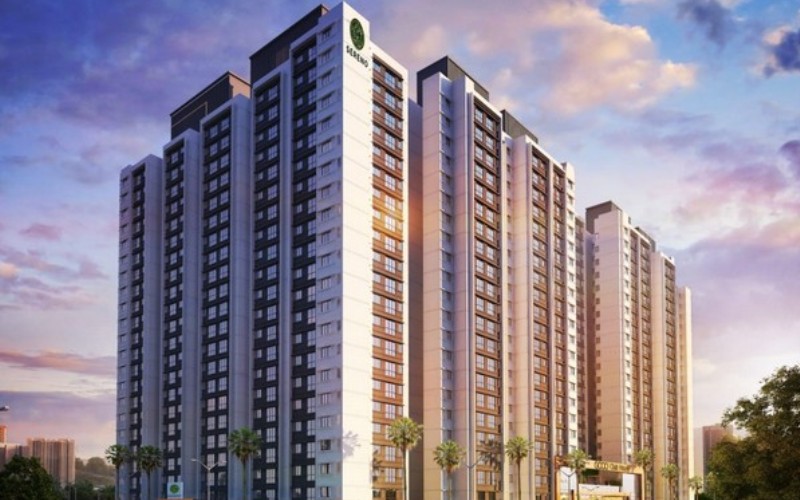New Delhi: The Delhi Development Authority (DDA) has cleared its much-awaited “Land Pooling Policy” which would give the capital 17 lakh houses, out of which over five lakh houses will be provided to the economically weaker sections, an official statement said on Friday.
“The policy, which is yet to be approved by the Ministry of Housing and Urban Affairs, covers areas of urban extensions in 95 villages and is expected to benefit lakhs of farmers while generating immense investment opportunities,” the statement from Lt. Governor Anil Baijal’s office said.
With the core of the policy being public participation, the DDA will act as a facilitator and planner, and the process of pooling and development will be taken up by Developer Entities (DE), it said.
“Land-owners having land of any size can participate under the policy, however, the minimum area to be taken up for development would be two hectares. A DE or individual can participate in the scheme by pooling land parcels covered under a sector as per the Zonal Development Plan,” it added.
Under the policy, the floor area ratio (FAR) has been limited to 200, keeping in view the availability of water, the requirement of land for physical and social infrastructure and impact on the environment.
“At 200 FAR, the water requirement can be met to a large extent through compulsory dual pipeline and reduction in unaccounted losses of water,” the statement said.
It further stated that 200 FAR will get 17 lakh dwelling units to house 76 lakh persons in the national capital. In order to promote affordable and inclusive housing, 15 per cent FAR over and above the permissible rate has also been allowed for affordable housing.
“This will go a long way in meeting the goals of housing for all. Out of the total 17 lakhs, more than five lakh dwelling units will be created for the economically weaker sections of the society,” it said.
The statement also said that all the new developments under the policy will comply with the “green building norms” as prescribed in the Delhi Master Plan (MPD) which will include principles like laying down of a dual pipeline, maximum use of recycled water for non-potable purposes, conservation of rainwater, and zero waste technology.
“Apart from all of that, a minimum of 10 per cent of all energy consumption shall be through solar power or through other renewable energy sources,” it said.
[source_without_link]IANS[/source_without_link]

